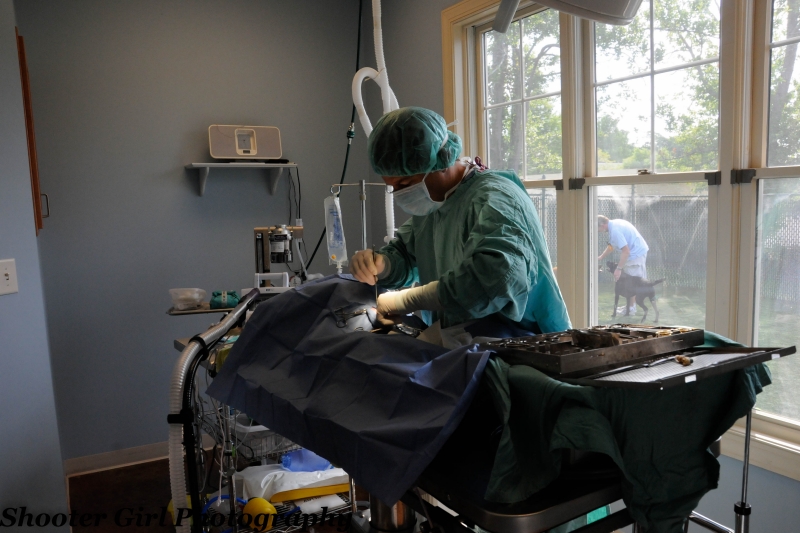
From routine to advanced surgical procedures, our practice offers safe and effective options using state-of-the-art equipment and best practices.
At Wilmington Animal Healthcare Veterinary Hospital, we understand that you are probably nervous about submitting your pet to any type of surgical procedure.
Our compassionate and caring professionals monitor your pet before, during, and after surgery and take exceptional care to ensure your pet's safety and complete recovery.
Related Services
State-of-the-art surgical procedures that are safe and effective.
Cookies on this website are used to both support the function and performance of the site, and also for marketing purposes, including personalizing content and tailoring advertising to your interests. To manage marketing cookies on this website, please select the button that indicates your preferences. More information can be found in our privacy policy here.
We've upgraded our online store!
Ordering your pet's favorite food and medicine is now easier than ever.
Order Food & Meds
Quick & Easy Registration

Please use the phone number and email you currently use for hospital communications to link your account!
Linked Pet Records & Rx

Your pet's prescriptions and records will be waiting for you!
Pawsome
Savings!

AutoShip discounts, promotions on your favorite products and more!


